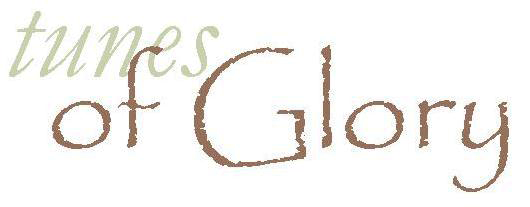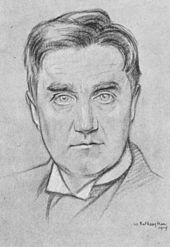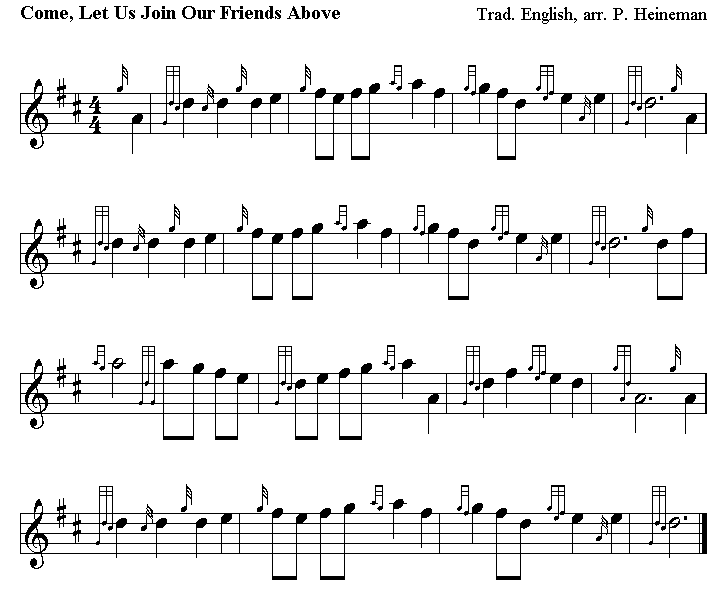 |
|||||||

Best viewed in
|
Come, Let Us Join Our Friends Above
He was also related to the Darwins, Charles Darwin being a great-uncle. Though born into the privileged intellectual upper middle class, Vaughan Williams never took it for granted and worked all his life for the democratic and egalitarian ideals in which he believed.
As a student he had studied
piano, "which I never could play, and the violin, which
was my musical salvation." After Charterhouse School he
attended the Royal College of Music (RCM) under Charles
Villiers Stanford. He read history and music at Trinity
College, Cambridge,where his friends and contemporaries
included the philosophers G. E. Moore and Bertrand
Russell. He then returned to the RCM and studied
composition with Hubert Parry, who became a friend. One
of his fellow pupils at the RCM was Leopold Stokowski
and during 1896 they both studied organ under Sir Walter
Parratt. Stokowski later went on to perform six of
Vaughan Williams's symphonies for American audiences,
making the first recording of the Sixth Symphony in 1949
with the New York Philharmonic, and giving the U.S.
premiere of the Ninth Symphony in Carnegie Hall in 1958.
Another friendship made at the RCM, crucial to Vaughan Williams's development as a composer, was with fellow-student Gustav Holst whom he first met in 1895. From that time onwards they spent several 'field days' reading through and offering constructive criticism on each other's works in progress. Vaughan Williams's composition developed slowly and it was not until he was 30 that the song "Linden Lea" became his first publication. He mixed composition with conducting, lecturing and editing other music, notably that of Henry Purcell and the English Hymnal. He had further lessons with Max Bruch in Berlin in 1897 and later took a big step forward in his orchestral style when he studied in Paris with Maurice Ravel. In 1904, Vaughan Williams discovered English folk songs, which were fast becoming extinct owing to the oral tradition through which they existed being undermined by the increase of literacy and printed music in rural areas. He travelled the countryside, transcribing and preserving many himself. Later he incorporated some songs and melodies into his own music, being fascinated by the beauty of the music and its anonymous history in the working lives of ordinary people. His efforts did much to raise appreciation of traditional English folk song and melody. Later in his life he served as president of the English Folk Dance and Song Society (EFDSS), which, in recognition of his early and important work in this field, named its Vaughan Williams Memorial Library after him. It was during this time that he strengthened his links to prominent writers on folk music, including the Reverend George B. Chambers.
In the 1950s,
the composer supervised recordings of
all but his Ninth Symphony by Sir Adrian
Boult and the London Philharmonic
Orchestra for Decca. At the end of the
sessions for the mysterious Sixth
Symphony, Vaughan Williams gave a short
speech, thanking Boult and the orchestra
for their performance, "most heartily,"
and Decca later included this on the
LP.He was to supervise the first
recording of the Ninth Symphony (for
Everest Records) with Boult; his death
on 26 August 1958 the night before the
recording sessions were to begin
provoked Boult to announce to the
musicians that their performance would
be a memorial to the composer.These
recordings, including the speeches by
the composer and Boult, have all been
reissued by Decca on CD.
He is buried in Westminster Abbey.
Lyrics by Charles Wesley
|
||||||


